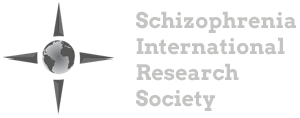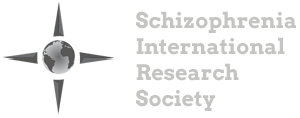-
Views
-
Cite
Cite
Robert K. Heinssen, Thomas R. Insel, Preventing the Onset of Psychosis: Not Quite There Yet, Schizophrenia Bulletin, Volume 41, Issue 1, January 2015, Pages 28–29, https://doi.org/10.1093/schbul/sbu161
Close - Share Icon Share
Extract
Several hundreds of published reports have explored the construct of a clinical high risk (CHR) state for psychosis, with 11 randomized control trials testing the efficacy of psychological, pharmacologic, nutritional, and multicomponent psychosocial interventions for preventing psychosis onset. Meta-analyses of these randomized controlled trials (RCTs) 1 , 2 suggest that preventive interventions exert a positive, if moderate, impact on transition to psychosis over 12 months (~50% risk reduction among at-risk individuals). Promising results have been reported for cognitive-behavioral therapy, alone or in combination with family therapy, and omega-3 fatty acids. Available data do not support antipsychotic medications as a first-line treatment for CHR patients. 1 , 3
The Early Detection and Intervention for the Prevention of Psychosis Program (EDIPPP) study was developed “to demonstrate that by intervening early with young people who show signs of a potential psychosis, the development of frank psychosis and functional impairment could be delayed or prevented.” 4 A multicomponent intervention package, including case management, supportive counseling, multifamily group therapy, supported education and employment, and antipsychotic medication, was offered for 2 years to individuals who met criteria for CHR or early first episode psychosis (EFEP). In contrast to other CHR prevention trials, clinical effectiveness in EDIPPP was evaluated with a quasi-experimental design that compared outcomes for CHR/EFEP patients to youth at clinical low risk (CLR) for developing psychosis. Only CHR and EFEP patients received the EDIPPP intervention; CLR participants were monitored monthly, but were not offered treatment.






